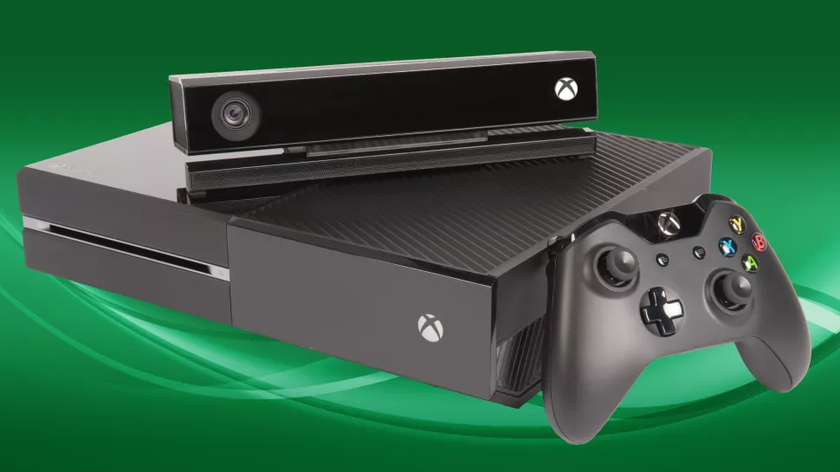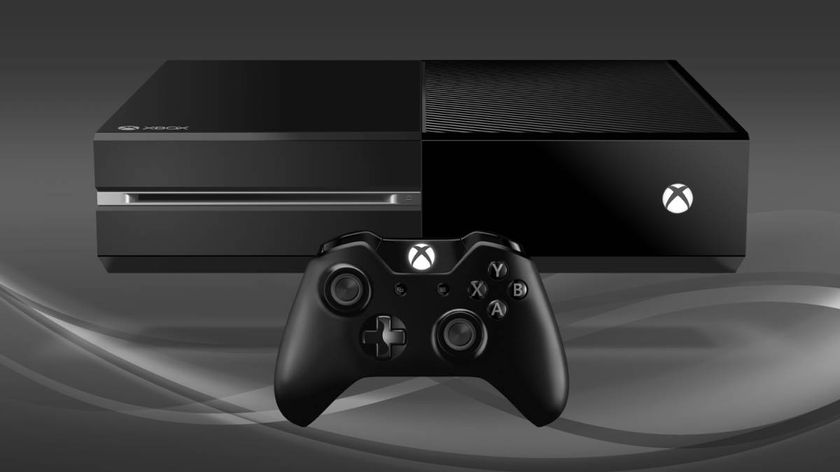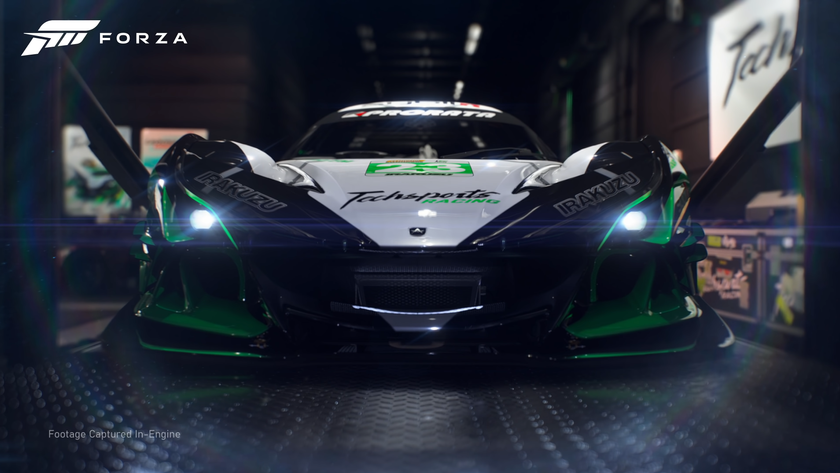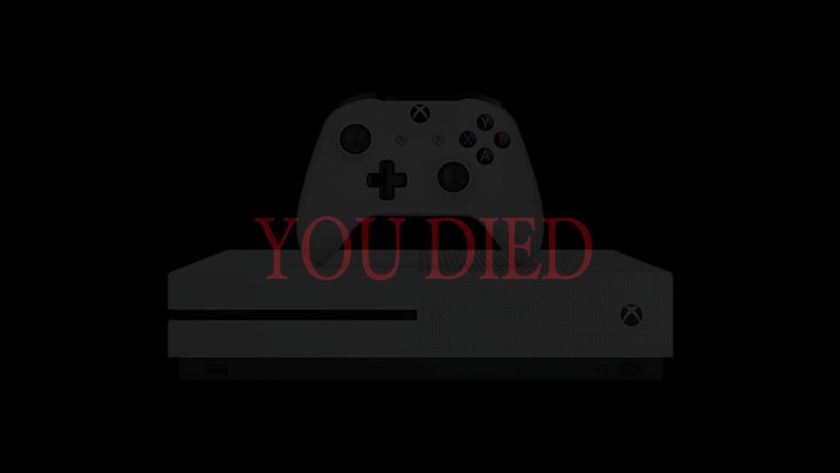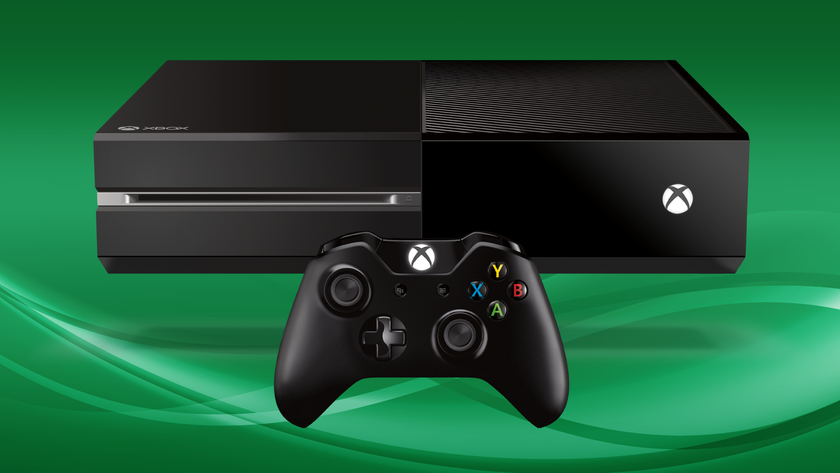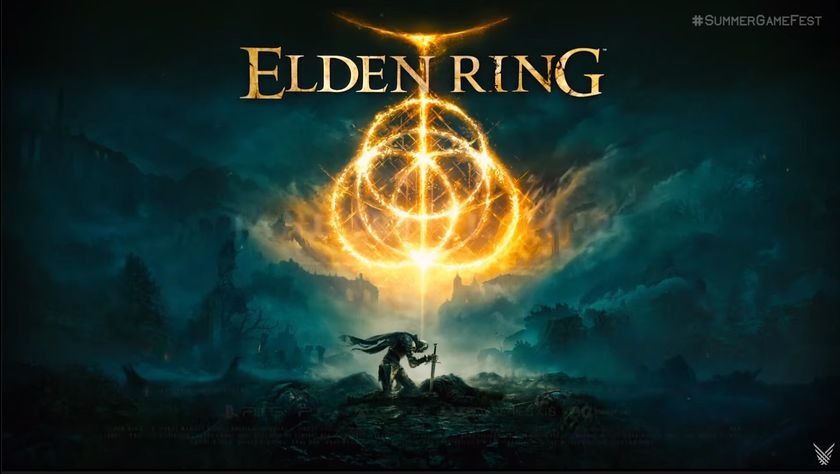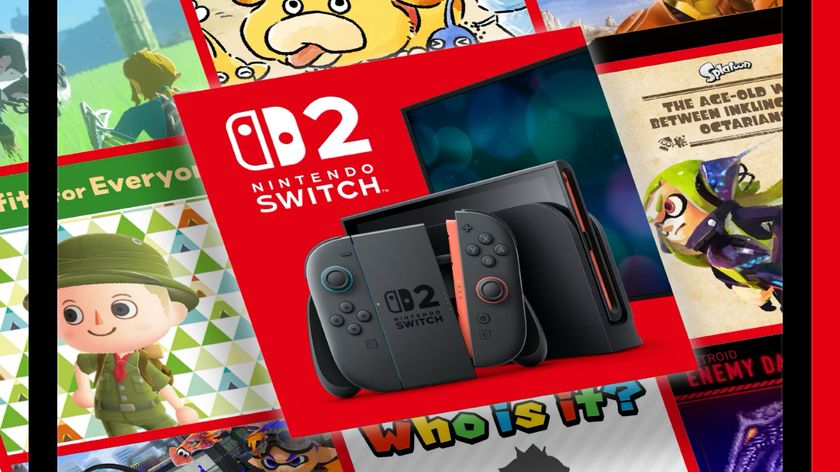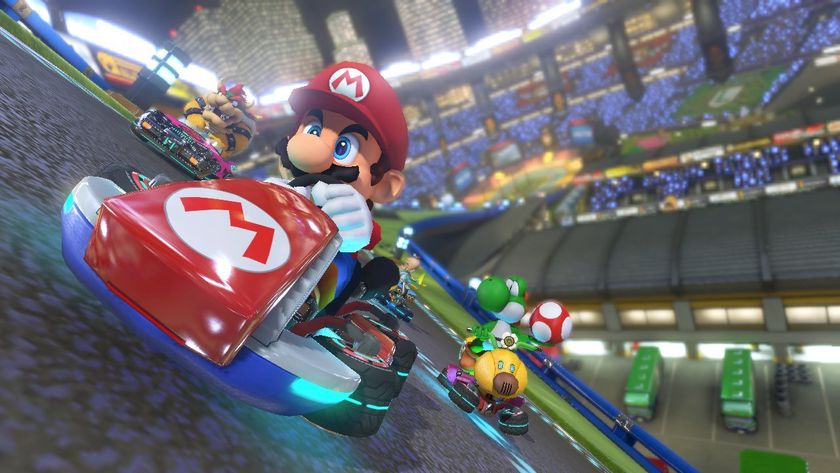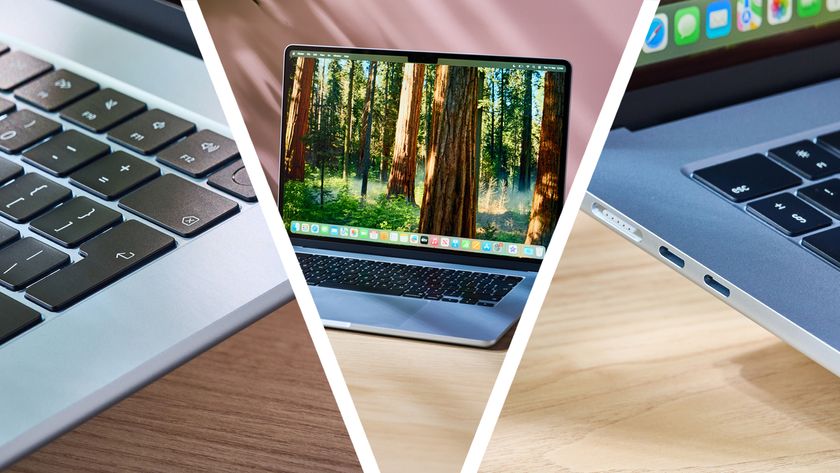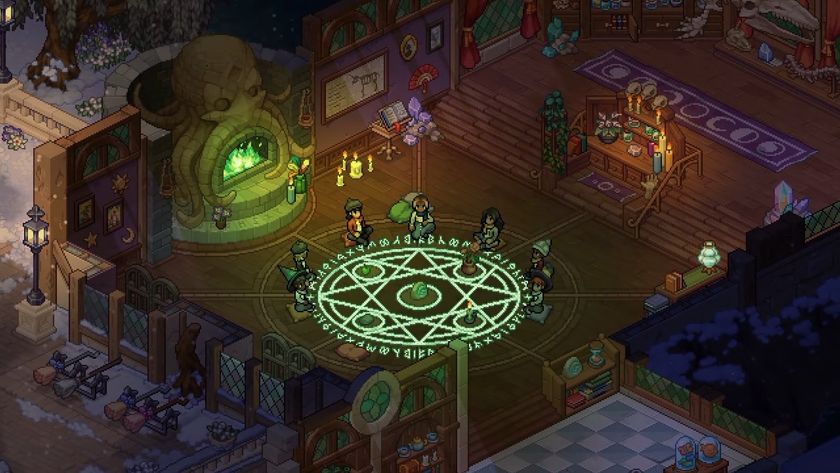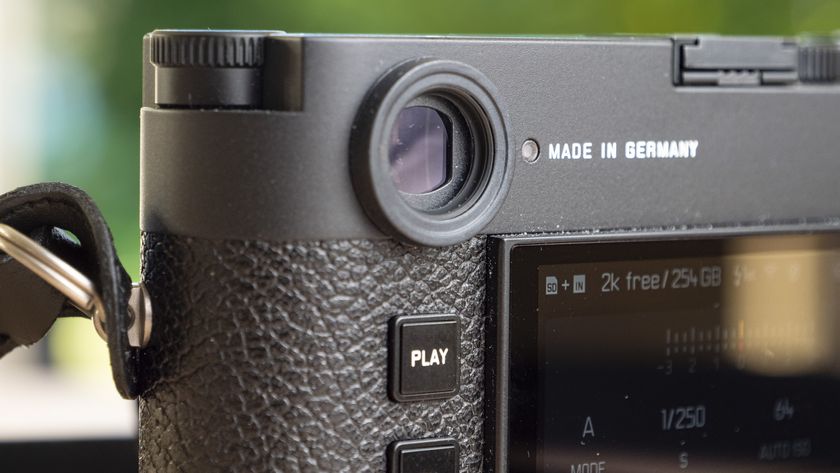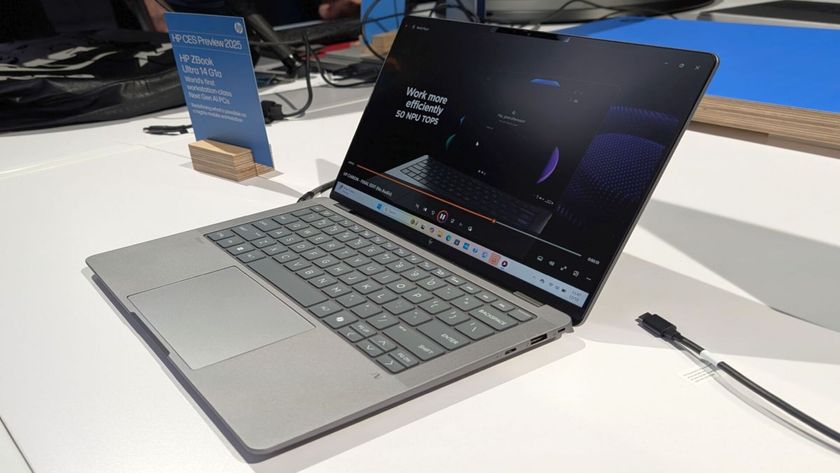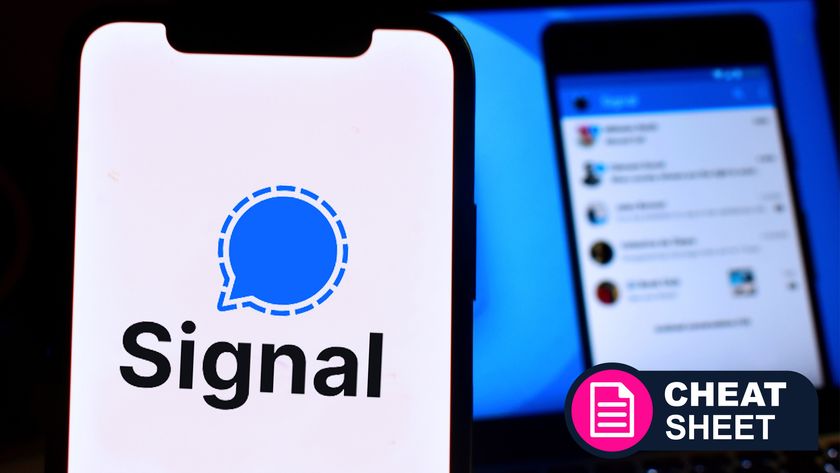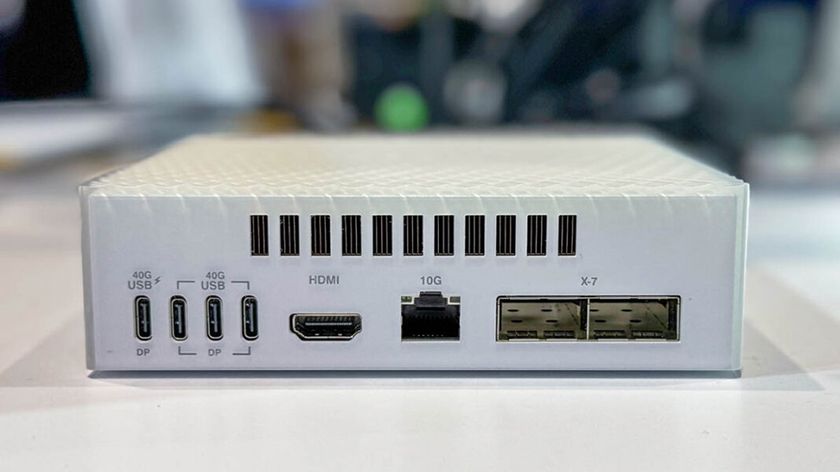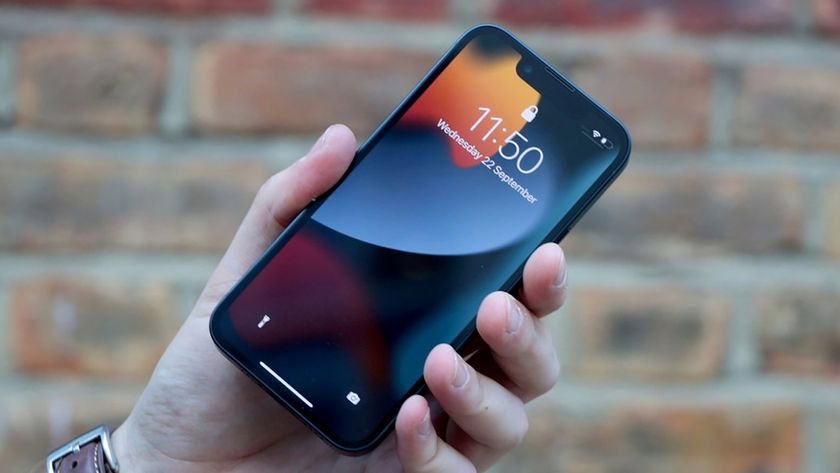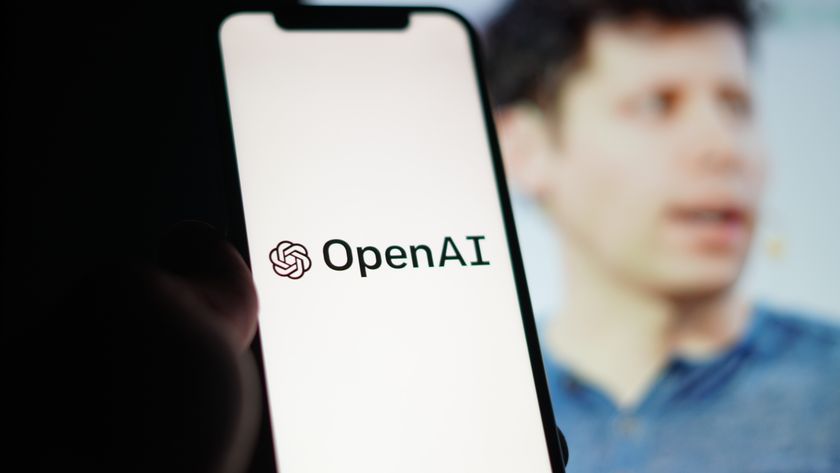Xbox’s Mike Ybarra talks Xbox One X and the future of consoles
We get geeky with Xbox’s Corporate Vice President
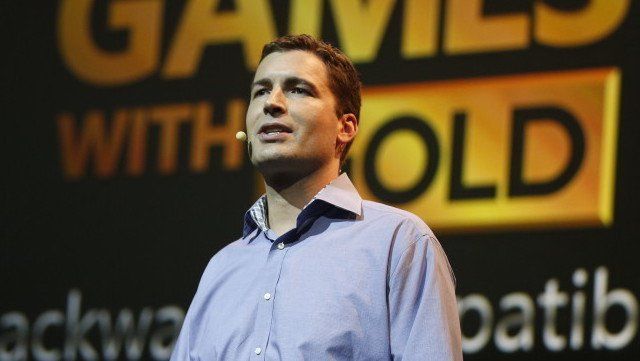
Microsoft has had a very busy showing at this year’s E3. As well as unveiling its new 4K console, the Xbox One X, the company also managed to find the time to announce that the original Xbox’s games would be coming to the Xbox One as backwards compatible titles.
The two announcements nicely bookend the company’s split focus on both software and hardware. At the show this year Xbox seems to have managed to balance the two better than most, with a lineup that’s pushed its console hardware forward while giving gamers enough past and present games to keep them excited.
We sat down with Mike Ybarra, Xbox’s Corporate Vice President, at the show to find out where the announcement of the Xbox One X leaves PC gaming, how the company feels about backwards compatibility, and what the future holds for console gaming.
Going into this event we already knew a lot of the console’s specs, so probably the most interesting announcement was the consoles price, $499. Hypothetically, I’ve got $500 on the table in front of me. I’d like you to convince me to buy an Xbox One X over a Windows gaming PC.
Mike Ybarra: I would tell you a couple of things. First, it’s up to you to choose what you want to do. We’re all about choice, and so when we look at Xbox One S at $249 in the US which has things like Game Pass which lets you have 100+ games for a small monthly fee, the value there is incredible. It has 4K, HDR, Dolby Atmos, all at a $249-$299 price point.
If you’re a high-end gamer and you want the absolute best experience possible there’s no place you’ll find a better performance to price ratio than Xbox One X. True 4K, all the features you saw in the briefing at $499, that value proposition is great.
So I’d ask you what kind of gamer are you, where do you want to go on that spectrum?
Get daily insight, inspiration and deals in your inbox
Sign up for breaking news, reviews, opinion, top tech deals, and more.
If you’re on PC you’re going to be about $1500 or so, so that’s another area. We love Windows gaming. A lot of our games, almost 20 of them in the show, are going to be on Windows too.
So that’s the point that I love to say, ‘What kind of gamer are you?’ and let you decide what’s best for you.
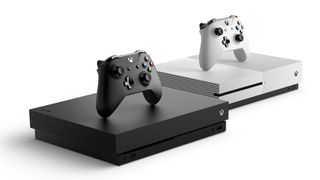
Do you think the Xbox One X could ever replace the gaming PC?
MY: It depends on the type of gamer. Making a general statement like that is hard because of the choice of how that gamer wants to play. Are they keyboard and mouse, do they like playing in front of a monitor that’s 2 feet away rather than 10 feet away? All those choices go into that and so it’s hard to say.
I would say our goal isn’t for anything to replace that. Our goal is to look at gamers in the broadest sense and say ‘what products can we offer that will get everyone into Xbox?’
You’ve partnered with Dolby on the sound side of things with Dolby Atmos, was there ever a discussion about embracing Dolby Vision as well?
MY: We have always told the fans that if Dolby Vision is something that they’re interested in then we’ll take a look at it. We have a great relationship with Dolby, stretching 25 years in the past from Windows, and now to Xbox.
Right now we are the industry standard, HDR10, and if Dolby is something the customers are asking for then we’ll look at it just like any other feature.
A lot of the games you showed off will take advantage of the X. How will they look on a 1080p TV?
MY: Yeah, if you have an Xbox One X and you’re playing an Xbox One X-enhanced game on a 1080p TV you’ll see not only visual differences because of the super-sampling, but also speed in terms of a faster hard drive and more memory. Even if the game doesn’t use the full 9GB that we give games, it will be a RAM disc so those textures will be right there without having to read them from the hard drive. The end-to-end experience is going to be a lot better for all games.
That was really a goal we had to go to because we didn’t want people to say, ‘Oh I need a 4K TV in order to get these advantages.’ You don’t at all. It looks incredible with a 1080p TV.

On the topic of original Xbox games coming to the One, there are so many I can think of that I’d like to see. Are you announcing any aside from Crimson Skies?
MY: Not yet. Much as we do 360 today, it’s sort of a real-time release process. When a game is ready we release it.
We’ll look at those original games and we’ll listen to feedback on the feedback site. People are passionate about which games they want, and I bet that site is full of original requests now. We’ll look at that, that’ll be one part of the process we have, and as games are available we’ll release them.
A lot of the bigger 360 games have made it, but there have been more niche titles. Why have you guys focussed on these games in the past? How does that process work?
MY: I think there’s multiple channels. Our own team says, ‘Well, what games would we like to see, and which genres?’ because we want to have a portfolio of those back-compat games available so we say, ‘Do we need any RPGs, more FPS, more single-player stories?’
Another channel is that fans, of course, vote.
The last one is that developers come to us and say, ‘We want this game out’ because the more people they get playing their IP the better.
Usually, especially if there are sequels or more games like that coming, they do this to introduce people to that IP for the first time that may have only joined the Xbox community recently.
So it’s a mix of all of those and I think the prioritisation is different for different sets of titles, but a lot goes into what games we pick and how we release them.
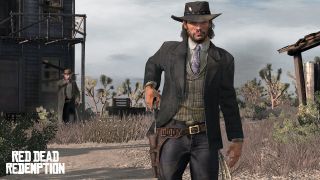
When developers approach you, is that quite an informal process, or can they pay for development time?
MY: Nobody pays. We have a third-party team, it’s a team that interfaces with all the developers for Xbox. Usually they get a phone-call, then I get a phone-call, and it’s like, ‘Ok, let’s go look at this,’ and if it makes sense then we do it.
Some titles have licensing restrictions on music from a long time ago that doesn’t let it get re-released...so we’ve got to go check all of that as well, and then technically we make sure it works and it’s the experience that the customer expects if not better.
On Xbox One X a lot of those even original and Xbox 360 games will run better on that platform, and that goes into consideration as well.
On the music licensing side, could you see a future where games are released with music removed to get around licensing restrictions?
MY: That would be entirely up to the developer and the owner of the IP to determine what they want to do there, and we let them manage that.
Is it technically possible?
MY: To take out music from a game? Sure, you could do that, it’s just that the game developer has to make that choice on their IP, their brand, and what they want to get from that experience standpoint.
For me, when I promise a consumer a backwards compatable game I want to give them everything, and so we certainly would encourage them to give them the full experience. If you can’t then that becomes a scenario that they have to make the choice on.
Would Microsoft ever draw a line and say, ‘this is a compromised experience’ and refuse to let a game be released?
MY: That’ll be the developer's choice. The developer will make that decision.
To deliver original Xbox backwards compatibility, was it a case of digging out old developer manuals and really having to blow the dust of them?
MY: We have what I believe is the world’s best engineering team based on what we’ve done and the results we’re delivering. Some of those people have been here for 15+ years. Definitely we have to look at those engineering challenges. There’s a lot of patents we filed there, a lot of awesome engineering that happened to make this possible.
In terms of price, what can we expect from the Xbox original games?
MY: We’re not going into pricing right now. There’s still a lot to figure out.
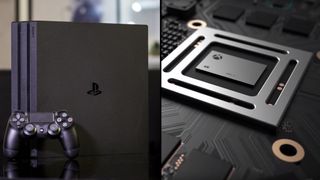
Where do you see the Xbox family heading in the future. With this mid-generation console trend are we seeing the end of the traditional console?
MY: Certainly today with Xbox One X, and the S and original backwards compatibility, we feel that if someone has a game then they should be able to play that game on the devices that they have.
Going forward I can’t tell what the future’s going to look like. I can say now that that’s our commitment and we’re working hard to deliver that. There were so many fans that wanted original backwards compatibility the second we announced 360.
So Phil Spencer comes to my office and says, ‘We need this,’ but I was like, ‘You know how hard this is right?!’ There’s math and physics and challenges in doing it, and I would say our strategy is definitely that.
Do you think there’s a risk of developers not bothering with the X if they can get away with just supporting the S, with the install base being that much smaller? Do you think that will be a difficult decision?
MY: Not at all. I think they’ll embrace it. They want to show their game in the best possible way. As a developer myself I want to show whatever I’m creating in the best possible light. It’s kind of like saying that when a developer makes a PC game do they make it to a fixed low-end set, where there are all of these switches that people can go in and turn on.
It’s the same with Xbox One X. We’ve been meeting with developers, you heard EA on our stage saying they’re going to optimize this because they want to show consumers the most amazing version of their games, and the Xbox One X is going to deliver that for them. We see that now.
6 TFlops roughly translates to a high to mid-range graphics card, but everything on that stage looked way better than a lot of PC games running on hardware of the same power. What explains the disparity?
MY: The console is fixed hardware, so we know exactly what GPU, CPU and memory is in that box. We have extensions to DirectX specific for that, so that developers can call right to the hardware and know exactly how to get every ounce of power out of it.
When you’re on PC there’s that abstraction layer. Even with the GPU manufacturer add-ons there’s still an abstraction layer there that pays a tax on performance. With fixed hardware on a console we can get every single ounce of that out and into a game’s hands.
It’s doing more with less?
MY: Yes.
Thank you for your time.
Editor’s note: Questions and answers have been edited for clarity.
- E3 is the world's largest exhibition for the games industry, stuffed full of the latest and greatest games, consoles, and gaming hardware. TechRadar is reporting live from Los Angeles all week to bring you the very latest from the show floor. Head to our dedicated E3 2017 hub to see all the new releases, along with TechRadar's world-class analysis and buying advice about the next year in gaming.
Jon Porter is the ex-Home Technology Writer for TechRadar. He has also previously written for Practical Photoshop, Trusted Reviews, Inside Higher Ed, Al Bawaba, Gizmodo UK, Genetic Literacy Project, Via Satellite, Real Homes and Plant Services Magazine, and you can now find him writing for The Verge.
